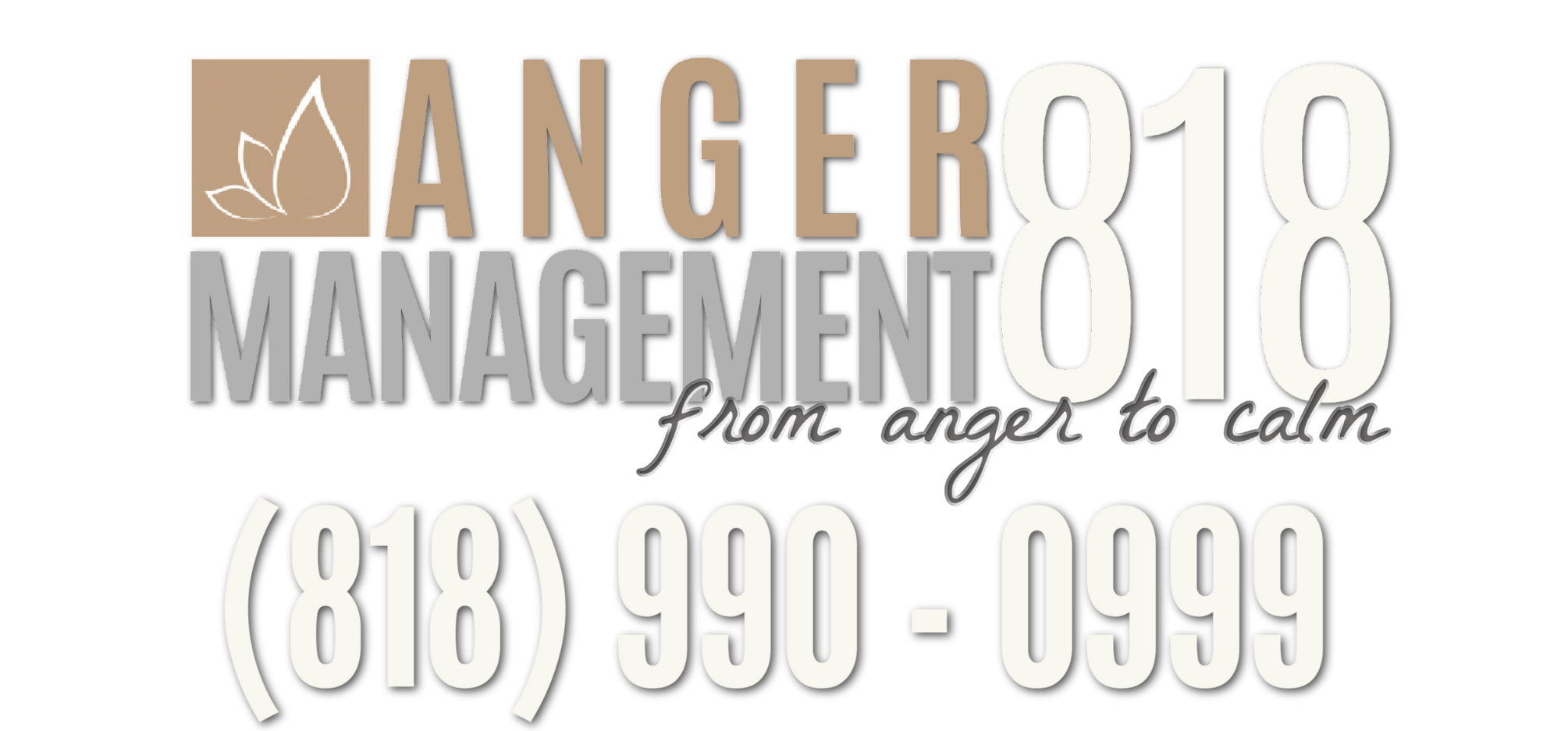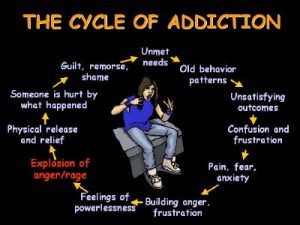Anger is an emotion that is felt by everyone. Most mental health experts would agree that people need to feel anger. Anger can serve as protection from a hostile and aggressive world. It is a special combination of thoughts, feelings and emotions, which arise when a person is, or thinks they are being wronged by the world or by others.
A person can become addicted to, dependent on, or compulsively obsessed with anything. Addiction is a profound, recurring urge to repeat an experience. This urge is greater than any other urge and it is automatic, as well as chronic. Addiction is not normally a person’s choice. When a person becomes addicted to anger, it is usually due to a lack of healthy coping skills that assist in managing anger and underlying emotions, such as anxiety, fear, or sadness. These underlying emotions can cause a number of problems for individuals, which is why a lot of people do take it upon themselves to look for ways of reducing these emotions. Some people will speak to a therapist, whilst others might prefer to purchase some weed from a website like https://amuse.com/california/los-angeles/flower. It’s really up to the individual, but it’s so important to find the method that seems to lower the severity of these emotions. That should make it easier to live comfortably.
When someone is addicted to anger they are often “set off” or “triggered” by an event. After the trigger occurs the person may find themselves thinking, “I can’t take this anymore”. People who are addicted to anger may also engage in blaming others more frequently. They may be unable to look at their own behaviors and take responsibility for them.
On an unconscious level, anger leads to feeling helpless and powerless over a situation. An automatic response to feeling helpless and powerless is to behave in an angry manner. When someone begins to feel anger, they respond to the anger by “blowing up”. Anger provides energy and releases certain hormones and chemicals, such as adrenaline and catecholamines. Anger may lead to falling into a “blind rage”. When anger surfaces it leads to feeling a sense of control and no longer feeling helpless or hopeless. Feeling in control will allow the person to convince themselves that their anger has handled the situation. Unfortunately, underlying needs are still unmet. However, the anger has helped release and relieve the person of unpleasant and underlying emotions.
After the person calms down and realizes how they acted when angry, they often begin to feel guilty and ashamed for their behaviors. They may vow to themselves and their loved ones that they are “never going to do this again” or promise that they will seek help for their anger. They may behave “nice” for awhile. However, eventually, they will be triggered again, and the cycle will be repeated.
Anger management can help individuals learn anger management skills that will assist in breaking the cycle of anger addiction. Anger management skills that are taught by anger management counselors include: recognizing triggers, improving emotional intelligence, gaining self-awareness, and improving assertive communication skills. These anger management skills help individuals recognize their needs, as well as the underlying feelings to their anger. Engaging in anger management classes will help people understand that anger is a feeling, not a behavior, as well as assist individuals in gaining healthy ways to express their anger.
Two of our Anger Management therapists are specialists in working with individuals dealing with anger and addiction.
Bryan Hall, in addition to being a Certified Anger Management Counselor, has written his thesis on addictions and has extensive experience working with clients dealing with addiction issues. With an achievement of 30 years of sobriety, Bryan works well with participants dealing with anger and addiction.
Anita Avedian specializes in addictions and anger. She work with anger management program participants who are also dealing with addictions. While there are no current classes focusing on both addictions and anger, executive coaching is an excellent forum to customize a program for participants dealing with both issues.
© William G. DeFoore
http://www.angermanagementresource.com/dealing-with-anger.html

